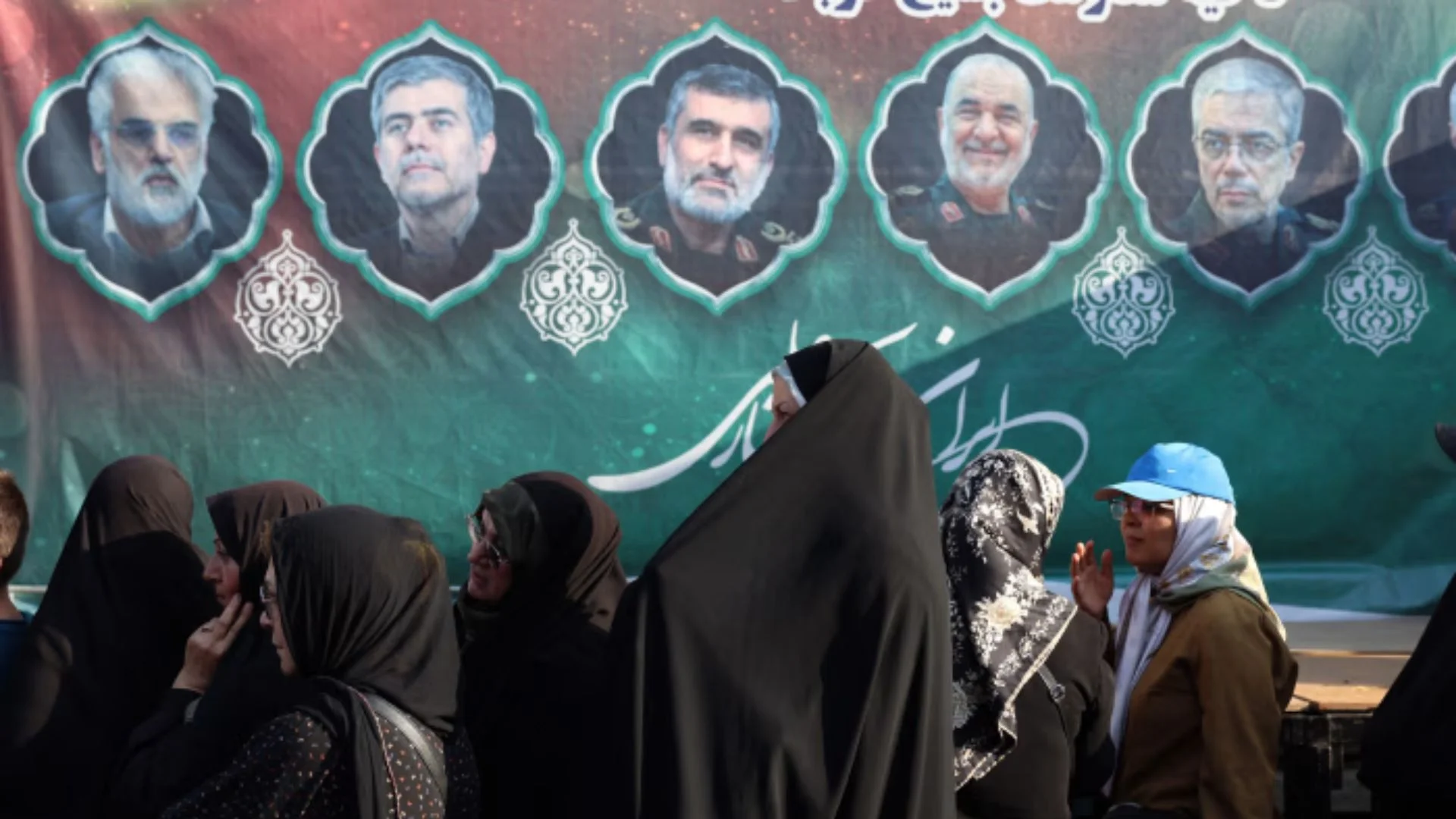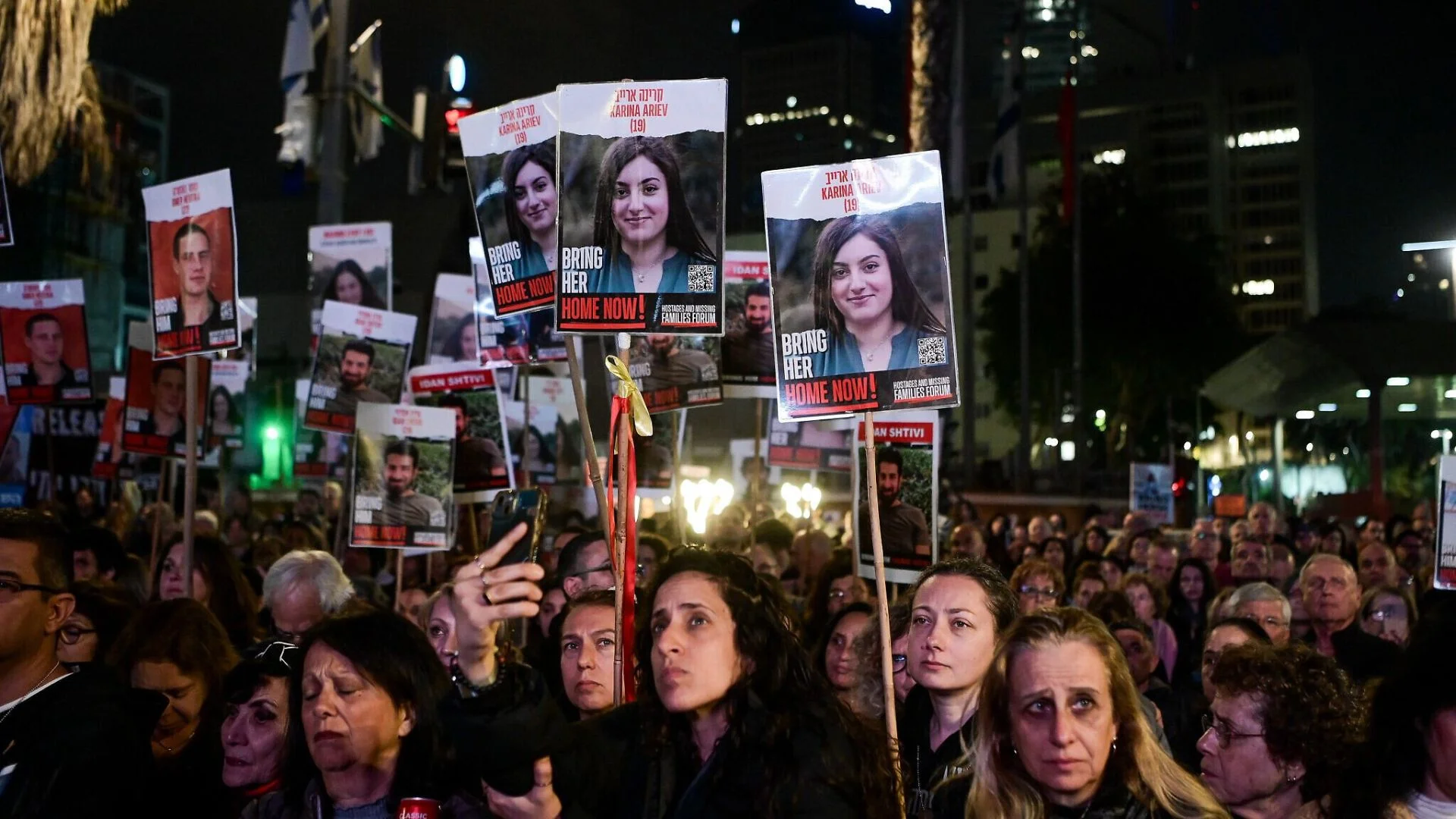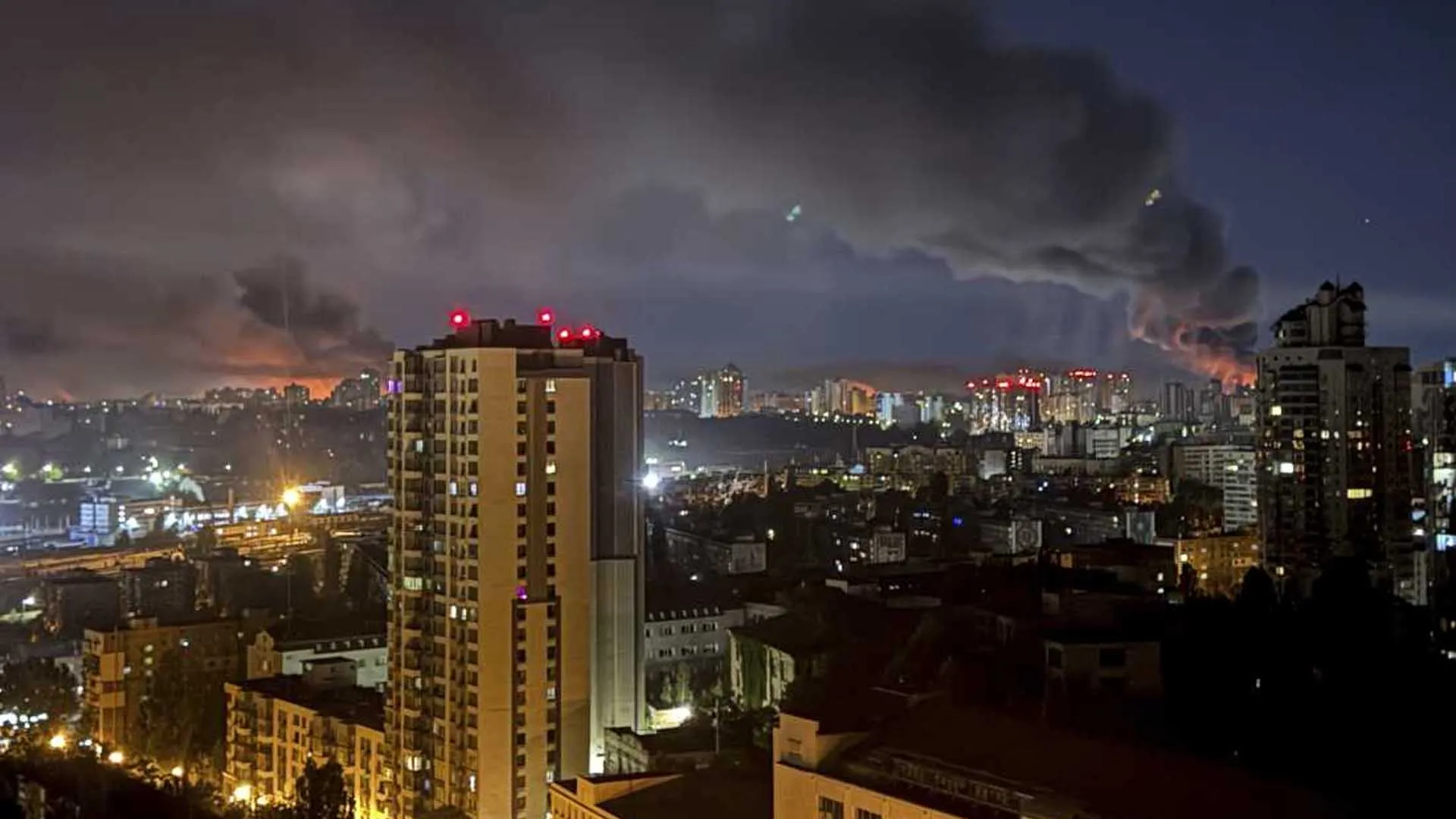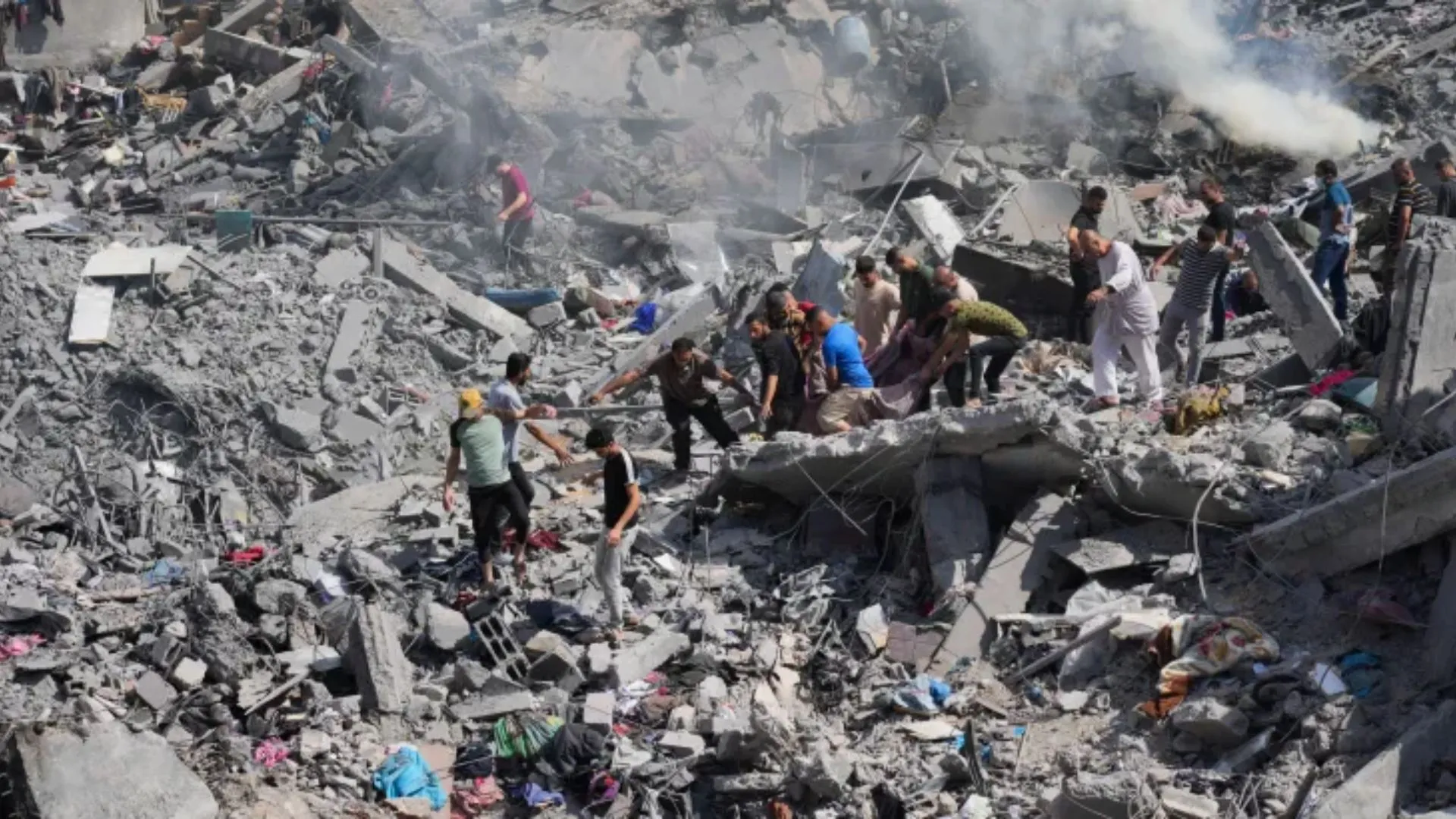Israel gave a major blow to the nuclear ambitions of Iran by killing more than 30 top security officials and 11 leading nuclear scientists in its latest 12-day aerial campaign, a top Israeli military officer stated on Friday.
The operation started on June 13 with precision long-distance strikes that hit Iranian military facilities about 1,500 kilometers from Israel. The opening shot heavily crippled Iran’s air defense systems, the official said, depriving Tehran of the capability to launch an effective counterattack during the critical first hours of the conflict.
During the air campaign, Israeli forces struck over 900 strategic targets, reportedly causing significant damage to Iran’s ability to produce missiles. The official further alleged that the attacks had “neutralized” Iran’s ability to enrich uranium to the point where weapons could be produced for the foreseeable future, hence crippling its capability to produce a nuclear weapon core.
Iran has repeatedly dismissed allegations that it is working to produce nuclear weapons. Following the Israeli attacks, Tehran retaliated by firing missiles at Israeli military bases and cities. The Iranian leaders asserted that the retaliatory actions compelled a halt to the fighting, which ended in a US-brokered ceasefire.
Casualties on both sides have been significant. Iranian authorities reported 627 deaths, although independent verification remains difficult due to media restrictions. Israel reported 28 fatalities during the hostilities.
After the ceasefire, Israeli Defence Minister Israel Katz said he had ordered the military to develop a strategic plan for maintaining Israel’s air superiority over Iran, thwarting Tehran’s nuclear and missile development programs, and thwarting its regional sponsorship of militant organizations.
The recent upsurge represents one of the most straightforward clashes between the two neighboring foes in years, with both sides projecting strategic victories following the fighting.























